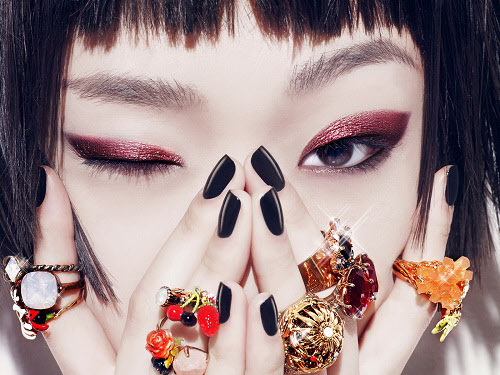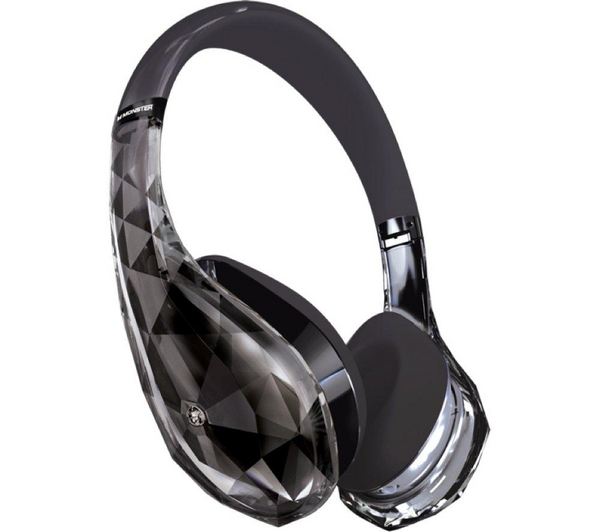With the surging rise of the “Hallyu Wave” ― especially the unprecedented popularity of K-pop globally ― local entertainment agencies have been riding high for some years now. However, concerned at its sustainability amid future uncertainties, they now appear to be tactically diversifying their business portfolios.
In particular, South Korea’s top three entertainment agencies ― YG Entertainment, SM Entertainment and JYP Entertainment ― who have been the driving force behind this cultural sweep.
As noted by Kim Chang-kwon, an analyst at KDB Daewoo Securities, “Expanding into other industries is regarded as a must now, since the future of the music business remains hazy.”
To manage the risks involved, YG Entertainment, which houses big name K-pop stars such as Psy, Big Bang and 2NE1, has been fast-expanding into non-music sectors.
Last month, YG launched its own cosmetics brand “Moonshot” in a joint venture with Guangzhou Hyuanya, China’s third-ranking cosmetics firm. YG said it gained direct access to the Chinese market through the company’s wide distribution channels.
 |
A promotional photo for YG Entertainment’s first makeup brand Moonshot (YG Entertainment) |
In September, the agency also opened a street casual brand called NONAGON, co-founded by Samsung Group’s textile affiliate, Cheil Industries.
Seeing a profit potential, the private equity arm of French luxury goods giant LVMH ― which owns Louis Vuitton, Cartier and other high-end brands ― is investing up to $80 million in YG’s fashion and makeup goods projects. It is one of the biggest bets made on the Hallyu Wave by a global fund.
“From music and fashion to cosmetics, YG is solidifying its status as a lifestyle icon for the young generation,” said Kim and Park Jung-yub, another analyst at KDB Daewoo Securities, citing fashion and cosmetics as YG’s mid and long-term growth engines.
SM Entertainment, which has Girls’ Generation, EXO and TVXQ in its lineup, is also diversifying by expanding its presence in travel, and in movies, TV dramas and musicals.
 |
The logo of SM Entertainment’s travel and production unit, SM C&C (SM Entertainment) |
With the acquisition of travel and music agencies, SM Culture and Contents ― an SM affiliate ― now provides business-to-business traveling services and content.
Adopting a different strategy, JYP Entertainment is focusing only on music-related businesses. In 2012, it released Diamond Tears headphones in affiliation with U.S.-based audio equipment producer Monster.
 |
The Diamond Tears headset, codesigned by JYP Entertainment and Monster (JYP Entertainment) |
In 2011, the South Korean music business grew by a whopping 29 percent in terms of sales from 2.95 trillion won ($2.72 billion) to 3.81 trillion won, according to the Ministry of Culture, Sports and Tourism.
But in 2012, the growth was down to 4.6 percent, with the recording business posting 3.99 trillion of sales.
“When the smartphone penetration rate here soared from 2 percent in 2009 to 14 percent in 2010, more people started to use mobile streaming services, and companies were creating new platforms for distributing music content,” said Lee Ik-joo, a researcher at the Korea Creative Content Agency, explaining the reason behind the decline.
“However, there has not been a game-changing phenomenon like the smartphone for a while now.”
According to the content agency’s report, recording sales showed a 11.1 percent growth for the 2012-2013 period.
By Suk Gee-hyun (
monicasuk@heraldcorp.com)







![[Exclusive] Hyundai Mobis eyes closer ties with BYD](http://res.heraldm.com/phpwas/restmb_idxmake.php?idx=644&simg=/content/image/2024/11/25/20241125050044_0.jpg)
![[Herald Review] 'Gangnam B-Side' combines social realism with masterful suspense, performance](http://res.heraldm.com/phpwas/restmb_idxmake.php?idx=644&simg=/content/image/2024/11/25/20241125050072_0.jpg)

